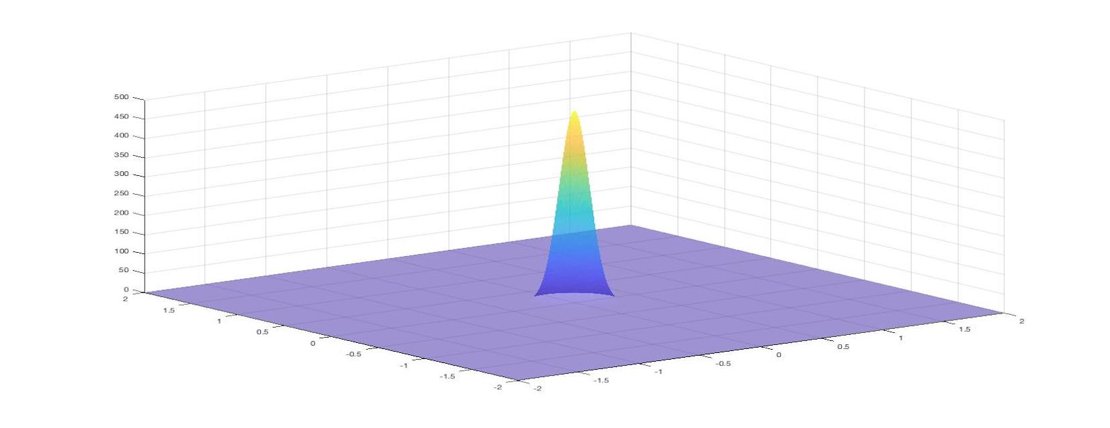Organization:
Funded by: | |
PhD: | |
Supervisor: | |
Collaboration: | School of Mathematical Sciences, University of Science and Technology of China, Hefei, Anhui, Province, P.R. China. |
Description:
The numerical solution of partial differential equations frequently has to satisfy certain constraints. An important example are partial differential equations for which the solution must satisfy a maximum (or minimum) principle. For instance, the density, pressure and internal energy in a compressible flow must be positive. Violating these constraints results in unphysical solutions and generally causes a breakdown of the computations.
A second important class of constraints is ensuring the monotonicity of the numerical solution of nonlinear hyperbolic partial differential equations. These equations frequently develop discontinuities in finite time, which cause the numerical solution to be polluted by numerical oscillations if no additional constraints are imposed.
The standard approach to ensure constraints uses limiters, but in combination with time-implicit discontinuous Galerkin discretizations this causes major convergence problems.
In this PhD project, we will follow a completely new approach to ensure that the numerical solution satisfies the above constraints and also combines well with implicit time integration methods. The key point is to formulate to limited discontinuous Galerkin discretization as a Karush-Kuhn-Tucker problem, which is well known in nonlinear continuous optimization. The main benefit of the approach is that now proper attention can be given to the non-smoothness of the time-implicit DG discretization containing limiters, and that a direct coupling between the DG discretization and the limiter is obtained. Also, efficient semi-smooth Newton methods for the solution of the resulting nonlinear algebraic equations will be developed.
Output:
Pictures:
| |


